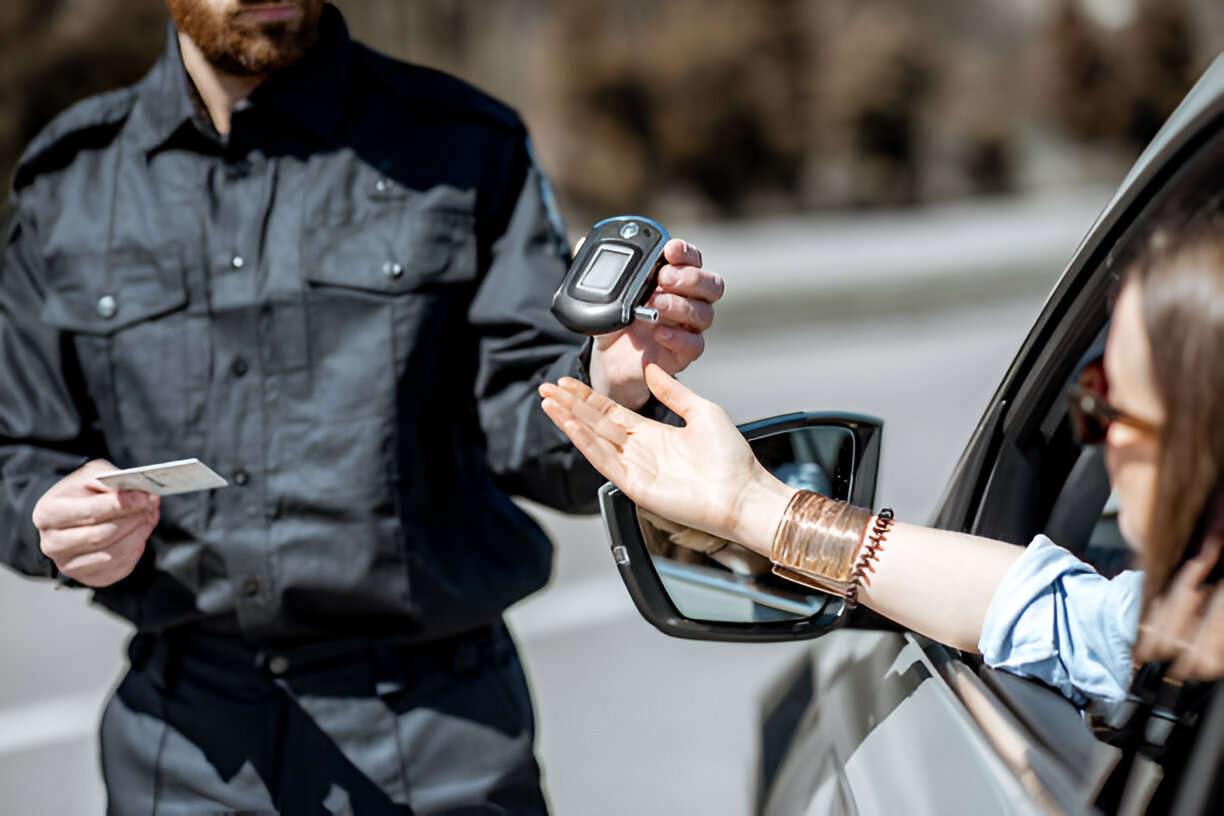Impaired driving remains one of the most aggressively prosecuted offences in Canadian criminal law. Whether it involves alcohol, drugs, or a combination of both, being charged with impaired driving can carry serious legal and administrative consequences.
These offences fall under Part VIII.1 of the Criminal Code, specifically sections 320.11 to 320.4, which were introduced through Bill C-46 in 2018.
What Offences Are Included?
Under section 320.14 of the Criminal Code, it is a criminal offence to:
- Operate a vehicle while impaired by alcohol or drugs.
- Operate a vehicle with a blood alcohol concentration (BAC) of 80 milligrams or more per 100 millilitres of blood (0.08 or over).
- Refuse or fail to comply with a lawful demand for a breath sample or bodily fluid test (section 15).
- Be in care or control of a vehicle while impaired even if you are not driving, being in the driver’s seat with the keys nearby can be enough to trigger a charge.
Mandatory Minimum Penalties for Impaired Driving
Canada imposes mandatory minimum penalties for impaired driving convictions, increasing with subsequent offences:
- First offence:
- $1,000 fine (BAC of 80–119),
- $1,500 fine (BAC of 120–159),
- $2,000 fine (BAC of 160+ or refusal),
- 1-year driving prohibition.
- Second offence:
- Minimum 30 days in jail,
- 2-year driving prohibition.
- Third offence:
- Minimum 120 days in jail,
- 3-year driving prohibition.
These are minimum aggravating factors like causing injury or death, driving with a minor in the car, or refusing a test can lead to significantly harsher penalties.
Ignition Interlock Program (SGI)
Following a conviction, Saskatchewan drivers may be eligible for the Ignition Interlock Program administered by SGI. This allows individuals to drive under strict conditions if they install an interlock device in their vehicle a breathalyzer that prevents the engine from starting if alcohol is detected. Depending on the severity of the offence and the number of prior convictions, participation in this program may be mandatory.
The Two-Hour Rule and Removal of the Bolus Drinking Defence
Bill C-46 fundamentally changed how alcohol-related impaired driving offences are prosecuted.
It introduced the “two-hour rule”, which states that it is now an offence to have a BAC over 0.08 within two hours of driving, not just while driving. This prevents individuals from claiming they consumed alcohol after driving (the “bolus drinking defence”) to avoid liability.
Now, once a breath sample shows a BAC over the limit within two hours of operating a vehicle, that is sufficient for a conviction unless the person proves:
- They drank only after driving,
- They had no reason to expect a demand for a test, and
- Their BAC was under 0.08 at the time of driving.
This change significantly narrows available defences and has resulted in more straightforward prosecutions of impaired driving.
From 0.09 to 0.08: The Legal Threshold
Prior to December 2018, some provinces or prosecutors informally tolerated BAC levels slightly over 0.08 (e.g., 0.09) due to margin-of-error arguments. However, Bill C-46 made it clear that 0.08 is the strict legal limit. Any reading at or above 80 mg% now results in criminal liability, and there is no longer a defence based on slight testing errors or tolerances.
Impaired driving law is complex and highly technical. From analyzing the legality of the roadside stop to the calibration of the breathalyzer machine, a strong defence often hinges on procedural errors or constitutional violations. Also, impaired driving offences in Canada are not limited to traditional vehicles. Understanding whether you can get a DUI on an electric scooter is essential to grasp how impaired driving provisions apply beyond cars and trucks.
Additionally, immigration, employment, and insurance consequences are significant. If you’ve been charged with impaired driving, refusing a breath demand, or a care and control offence, it is critical to consult a lawyer immediately. A conviction can carry lifelong consequences but with the right legal strategy, charges can often be reduced or dismissed.
For experienced defence in impaired driving matters, contact Linh Pham at (306) 502-5987 for a free consultation.
Legal References:
- Criminal Code, RSC 1985, c C-46, ss. 320.11–320.4
- v. Alex, 2017 SCC 37
- v. Cyr-Langlois, 2018 SCC 24
- Bill C-46, An Act to amend the Criminal Code (offences relating to conveyances), SC 2018, c 21

